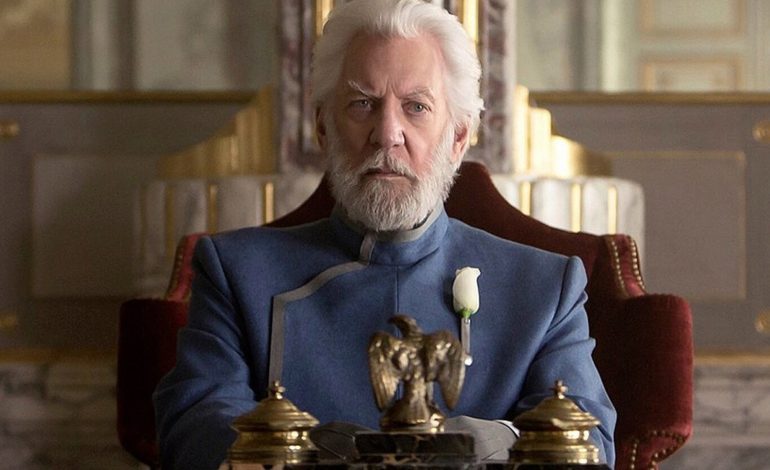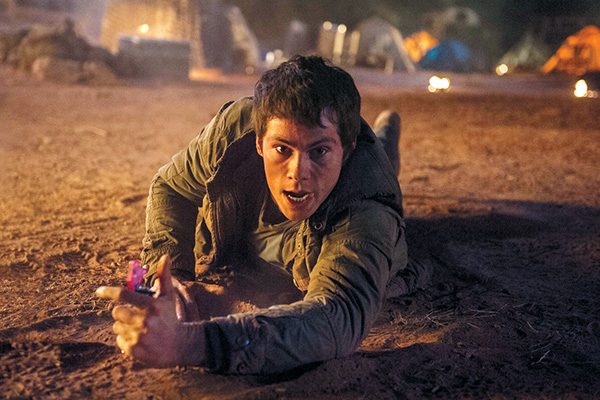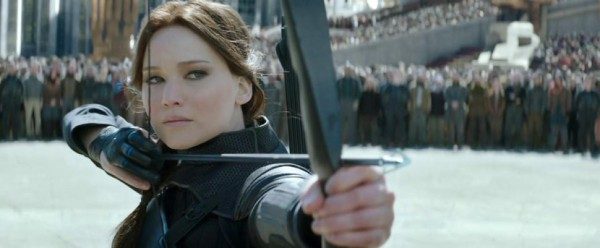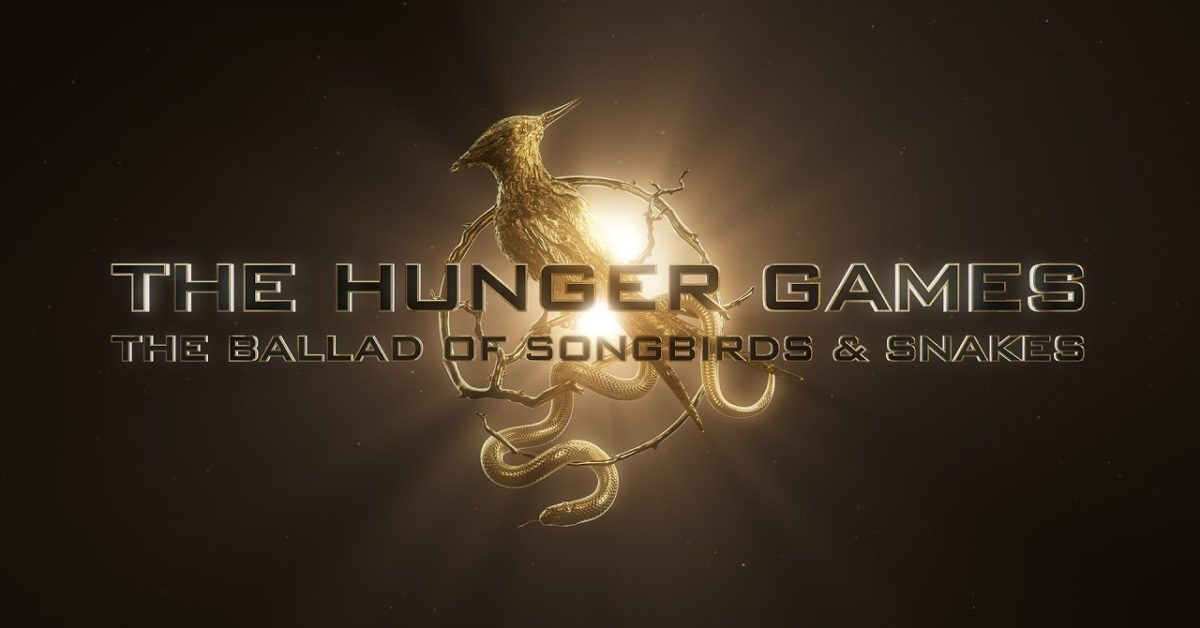

Movie adaptations of popular books have always been a go-to for Hollywood producers and executives alike because an audience already exists that they can rely on for profit. Whether they’re from the romance genre (The Notebook, Pride & Prejudice, and The Fault and Our Stars) or the fantasy genre (Lord of the Rings, Harry Potter, and Twilight), book adaptations are often a safe bet and a good indication that audiences will show up and receive the same movie-going experience they received from the novel.
In the early 2010s, the dystopian genre ruled over young audiences and gave enormous fame to authors like Suzanne Collins, James, Dashner, and Veronica Roth. Each franchise experienced its own kind of success before the movement faded out by the end of the decade, but now Hunger Games is making a comeback by releasing a prequel movie, The Ballad of Songbirds and Snakes, on November 17th of this year. What does this movie promise to deliver, and will audiences return to the dystopian genre lit aflame by the Twitter and Tumbler worlds of the 2010s?
First, it’s important to highlight what these literature franchises had in common and what age groups resonated with them between 2010 and 2015. The fantasy/dystopian genre was always popular with young kids because it portrayed a sense of escapism and imagination that commodified the world and made readers feel like they were tapping into something sacred. Young adult authors are known for their easily relatable characters and themes that kids can connect to, such as feeling socially excluded and nervous about growing up. But how did these messages translate into an appetite for social upheaval and rebellion? Perhaps it came when the illusively popular works were made into movies where the world became even more real and weirdly possible to turn into an eventual reality. Films like The Hunger Games and Maze Runner touched on incredibly realistic concepts like capitalism, classism, and human experimentation that have a strong foothold in human history. Dramatizing those effects to teach children about the dangers of such social norms facilitated constructive conversations and encouraged long-due thoughts about our places in society.


Often, these dystopian epics had one central protagonist who was almost always morally conflicted between pursuing what was right and abiding by the rules. Inside their world were visible contradictions of supposed “freedom” from tyranny, hunger, disease, etc., but the political leaders actually supported the elite, exposing the lower-class to struggles their wealthy counterparts could never know. Then, after finding a community of allies and telling the truth, the protagonist infiltrated the world’s power structure at extreme, personal cost, such as losing a loved one or securing their fate as a prisoner or martyr. Does this sound familiar? Divergent, Hunger Games, and Maze Runner, each fit into all of these plot lines, and coincidentally, they came out within the same few years. So why would the audience want to experience the same story more than once?
It boils down to the singular urge to see ourselves through on-screen characters who are powerful enough to facilitate change in their own lives. Through these movies, people like Katniss Everdeen and Tris Prior push through impossible challenges and traumatic events that resonate with our own experiences of family and social class. Eventually, however, the repeated urge to see these characters moved on and audiences no longer semmed content with trying to escape. They got older, grew mature and potentially more jaded, as seen by the financial losses recorded by the third installments of the Maze Runner and Divergent series. Or perhaps, the story fizzled out in its execution, which is routinely common in the ending chapter of many film trilogies.


However, The Hunger Games movies seemed to evade this negative slope and ended its trilogy on a higher note. It explains why it’s the first dystopian franchise to come out of the ether since its community of fans has prevailed and the author has continued to write more books. The Ballad of Songbirds and Snakes was published in May 2020, meaning its subsequent funding and production began rather quickly. Lionsgate has been the leading distributor for all of The Hunger Games films and will also be the assigned studio for the upcoming prequel. It will take place years before the story of Katniss Everdeen and follow the upbringing of Coriolanus Snow and his transition into the hateful antagonist we already know.
Elements revealed in the trailer last month hinted at a clean, vintage aesthetic on the verge of the ruin we witnessed in the original series. Instead of focusing on a moral protagonist who tries to tear down the system, Ballad will likely follow the opposite path. Instead of focusing on a hero, the movie will focus on how easily one can become a villain if he turns his pain into rage.
This premise could reshape how audiences view the dystopian film and its anti-government properties. By incorporating an anti-hero and watching them fall into darkness, will we see how the system itself cultivates its own evil? Or will the film try to cash out its nostalgia instead of reaching for something riskier? It’s hard to tell with the current trends of Hollywood remakes, but hopefully, the guaranteed box office and community of fans relaxed Lionsgate to the point where they allowed Hunger Games veteran, Francis Lawrence, to take the franchise in a fresh direction. Some studio giants like Lucasfilm and Marvel have recently failed to rise out of their nostalgia tropes and formulaic plots to twist audience expectations. In contrast, others, like Sony’s Spider-Verse franchise, have soared to new heights in terms of deep characterization for superheroes.


If Ballad succeeds at the box office in November, will a new era of dystopian favorites arrive? Or will Collin’s visceral universe stand alone? The current air of Hollywood is focused on the extreme, hyper-realistic versions of storytelling, (pastel spectacles like Barbie and Asteroid City are some current examples) but are dystopian films now too dark for a world that’s haunted by a global pandemic and the growing repeals of human rights? Or could we actually resonate with people like President Snow now more than ever?
